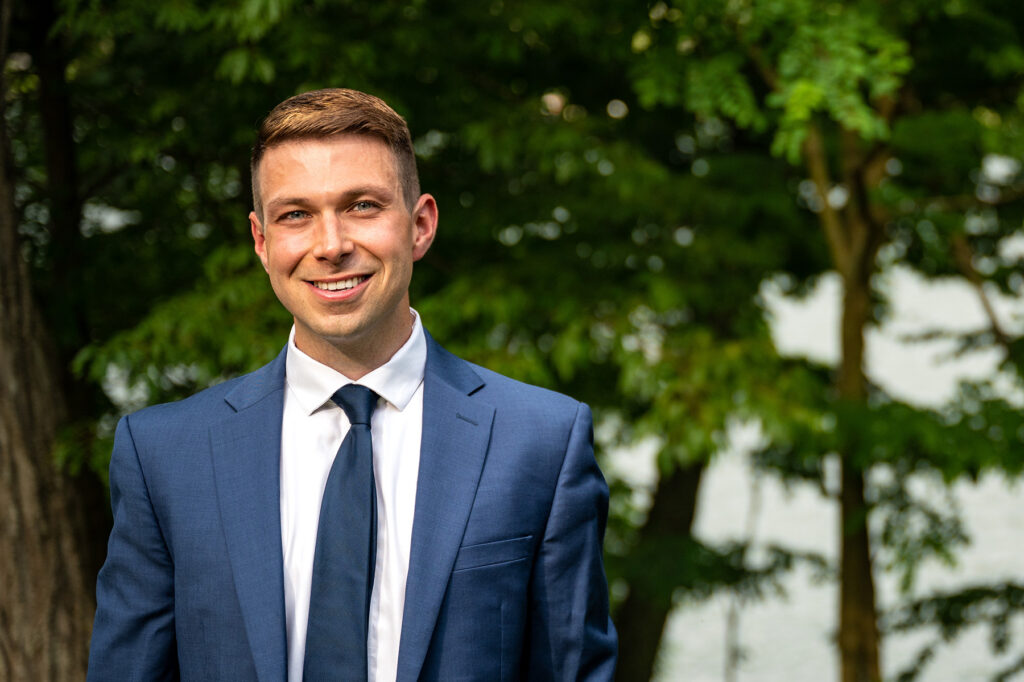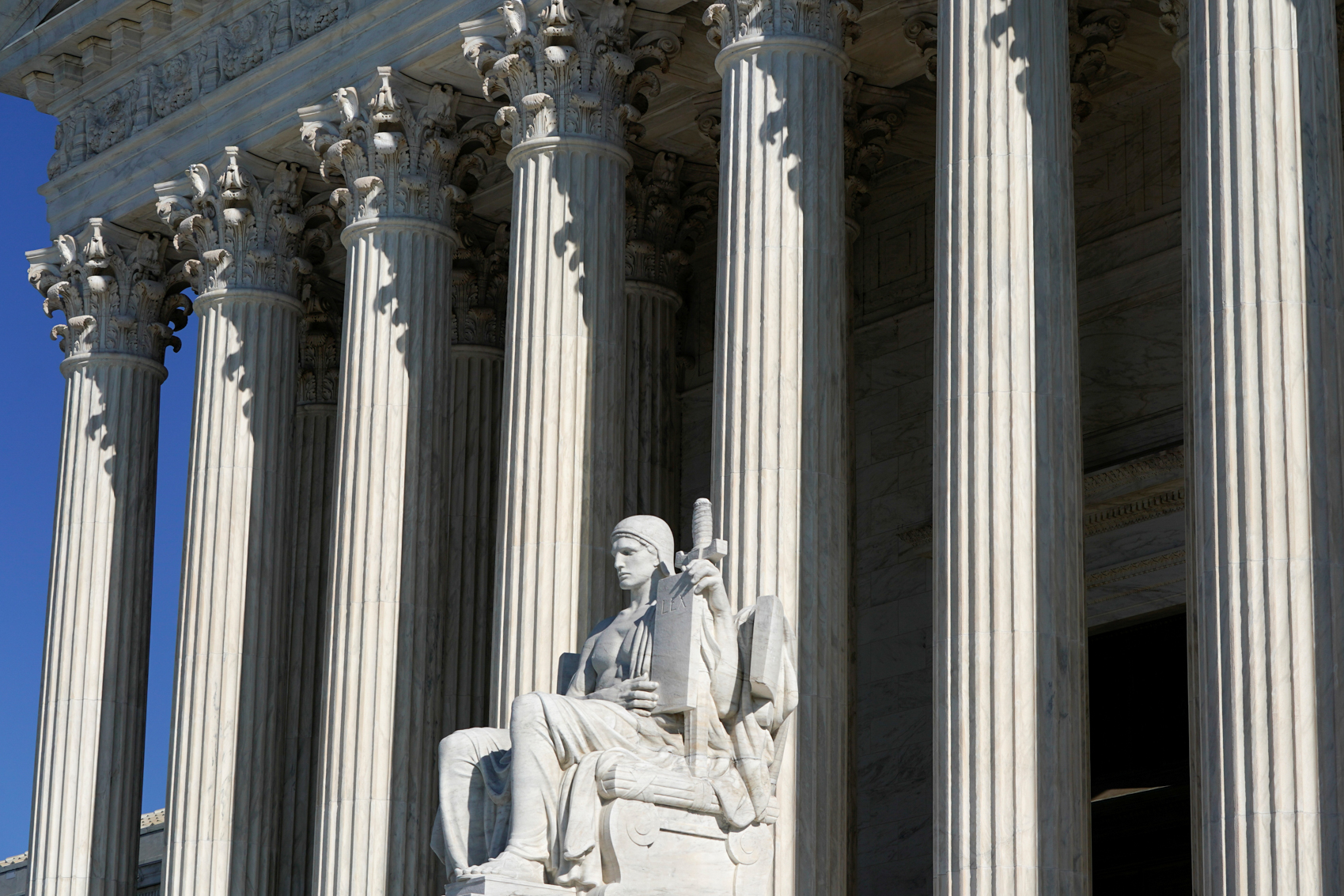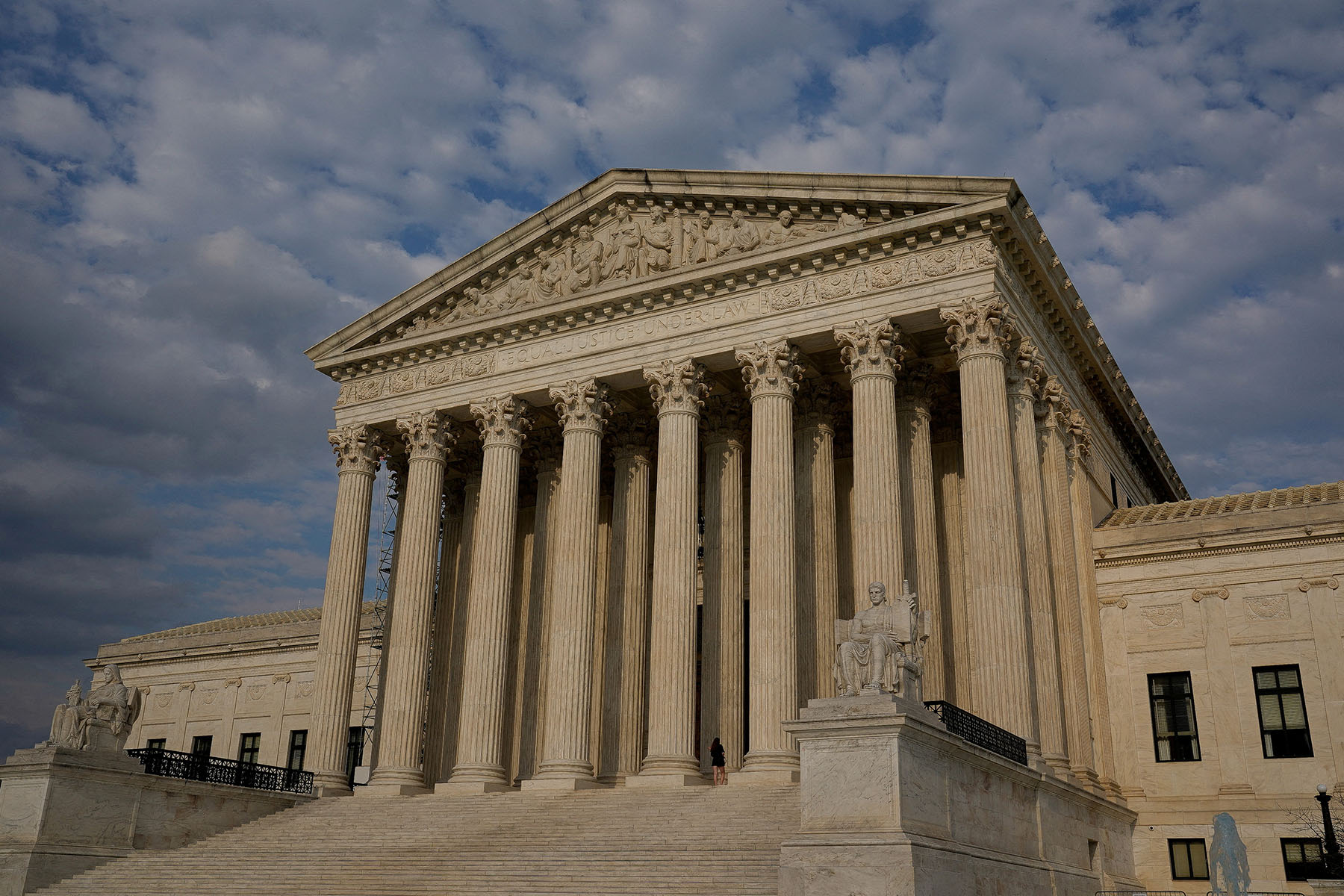The trade association NetChoice — which represents tech companies like Meta, Google, TikTok and Snapchat — has been at the forefront of the emerging battle between attempts to regulate online speech and social media access and First Amendment protections for freedom of speech.
NetChoice challenged social media laws in both Texas and Florida which similarly aim to prevent social media companies from moderating content based on users’ viewpoints. The Supreme Court agreed in September to hear the challenges, and justices will be tasked with determining whether the First Amendment prohibits such legislation.
The court heard nearly four hours of oral arguments on Monday, and the justices seemed skeptical of the Texas and Florida laws. Justice Samuel Alito expressed concern over social platforms’ content moderation, questioning if it’s “anything more than a euphemism for censorship.” But Justice Brett Kavanaugh disagreed with the use of the term censorship as applied to the actions of private companies.
“When I think of Orwellian, I think of the state, not private individuals,” Justice Kavanaugh said.
Director of NetChoice’s Litigation Center, Chris Marchese, said in a press release following the arguments that the organization is “confident the Supreme Court will agree” with its First Amendment arguments.
“The First Amendment not only protects free speech, free expression, and free thought from government interference. It does so unapologetically,” he said. “Just as the government couldn’t force Benjamin Franklin to publish its preferred messages in his newspapers, Florida and Texas can’t force websites to curate, display, and spread their preferred content.”
NetChoice has also been successful in challenging online safety laws protecting minors in Arkansas, California and Ohio. Three federal judges preliminarily blocked the laws in the last six months, while raising constitutional concerns on the government regulation of online speech curated by private companies.
First Amendment Watch spoke with Marchese last month about the group’s efforts to stave off attempts by the government to censor and limit access to certain speech and expression online. Marchese discussed the First Amendment rights of private social platforms to curate content, the comparison between social platforms’ and traditional media companies’ right to publish information, and the constitutional issues with online safety laws aimed at protecting minors.
Editor’s note: This interview has been edited and condensed for length and clarity.
FAW: How would you describe the Texas and Florida cases to someone who has never heard of them? What is NetChoice? Why did the social media giants team up on this effort? What are you fighting against?
CM: NetChoice is a trade association based in Washington, D.C. that fights for free expression and free enterprise online. Our members include technology businesses of all sizes, so that includes names that most people recognize — Amazon, Google, Meta, etc. — as well as a bunch of companies that people use in more niche areas, like eBay and Pinterest. We represent an industry, not necessarily individual businesses, and that is essential to understand because the way that we approach our litigation is the same way. We fight on behalf of free enterprise and free expression. We decided to litigate against Florida and Texas because both of those laws violated our principles, and it violates the fundamental aspects that make the internet the internet.
After Jan. 6 in early 2021, a bunch of social media, as well as media applications, decided to remove President [Donald] Trump from their services. At the time, there was a big fear that President Trump might post inflammatory content that would later then be blamed on the websites that hosted that content. On Jan. 6 itself, there were a lot of calls for President Trump to address the country on Twitter and to tell people to be peaceful and to go home, and it wasn’t clear in those hours whether or not that message was going to be received, and so out of an abundance of caution, a lot of private companies removed his account.
Well, the states of Florida and Texas responded by passing laws that basically told the private businesses like Meta, like Google, like YouTube, etc., but also a bunch of other companies, including Etsy, that they were not allowed to make their own decisions about how they were going to host content, post content, promote that content, disseminate that content, curate that content. So this was a huge effort to have the government sort of control the online experience. Both states said that all they were trying to do was to promote free speech by prohibiting private companies from removing speech arbitrarily, but in reality, what both states were doing was infringing on the First Amendment rights of private businesses to set their own editorial rules, as well as the rights of users, because the government was now deciding how those users were going to engage with social media and so forth. So we decided to sue because these laws violated the Constitution many times over.
FAW: After signing SB 7072 into law, Gov. Ron DeSantis, in a statement, said the goal of the law was to curb censorship which he believed was a result of unfavorable views compared to those of the “Silicon Valley ideology.” How do you respond to that?
CM: As a general matter, I think the best way for the government to protect the First Amendment is by not violating the First Amendment. And so while I agree with Gov. DeSantis, that we should have a marketplace of ideas, I disagree with him that the government can impose its own version of a market and then run that market on private businesses’ own property. I personally am right of center. I probably would have voted for Gov. DeSantis if he were the nominee for president. But ultimately, I part ways with him in not seeing the inconsistency with not only his own policies, or his stated policies of respecting limited government, private property and all the rest, but also, I think it just sets a very dangerous precedent for all lawmakers if they can suddenly start dictating the rules that will govern how ideas are shared, and created, and engaged with. It is one thing for the state of Florida to create its own social media website. If the state did create its own social media, it would be bound by the First Amendment, meaning the government could have its own version of what it wants in the marketplace. And if it turns out that that is, in fact, the preferred version that people want, I guarantee you that competitive pressure will result in seeing others sort of move in that direction. But ultimately, the government can’t just expropriate private property and say, “Because you have so many users, we want you to be run the way that we would run you.” The governor is not the board of directors. He is not the CEO. I think something to keep in mind too, is that this was back in 2021, and it was fresh off the 2020 election, where many Republicans, including Gov. DeSantis, felt that social media companies made the wrong call by initially suppressing some of the links to the New York Post story about Hunter Biden’s laptop. I think what DeSantis was trying to say when he signed the bill into law, was “Enough is enough. I have disagreed with you. This is getting out of control. We’re now going to step in, and even though that means it’s going to be the government telling private businesses how to exercise their own First Amendment right, it is warranted because of X,Y and Z reasons.” Obviously, we disagreed, but that was in 2021. And something that I noticed in 2023 is that when he was a candidate for president, Gov. DeSantis was very forceful in pushing back against Gov. Haley’s proposal to have identification for social media, the idea that you would have no anonymous speech on social media, and Haley received a lot of criticism for that proposal. And some of the strongest came from Gov. DeSantis who pointed out that the Founding Fathers themselves were huge proponents of anonymous speech. They wrote the Federalist Papers and the anti-federalist papers with pseudonymous names. So all of which is to say, I think that maybe, as these issues are now being discussed and debated more broadly and of course, are being litigated in the courts, lawmakers are understanding that what they think they are signing into law is not necessarily what they’re actually putting into law.





